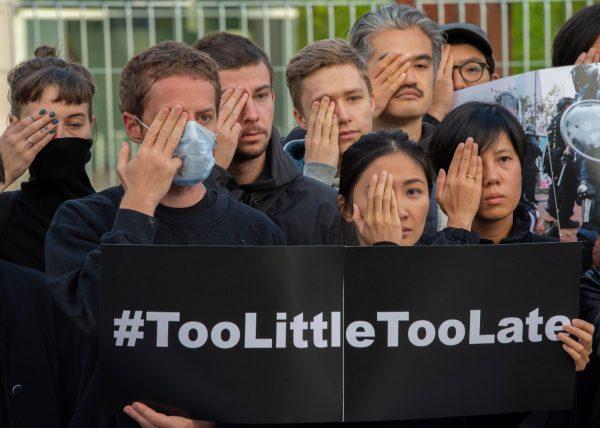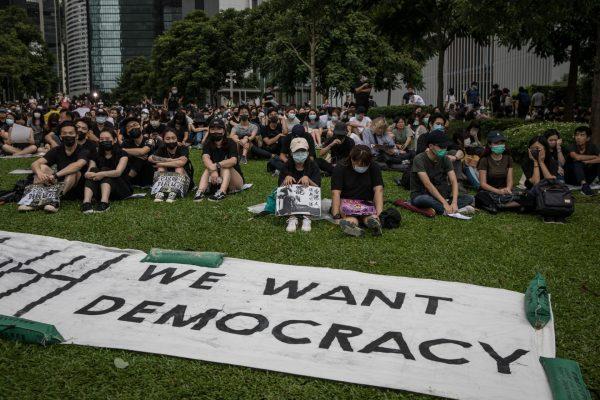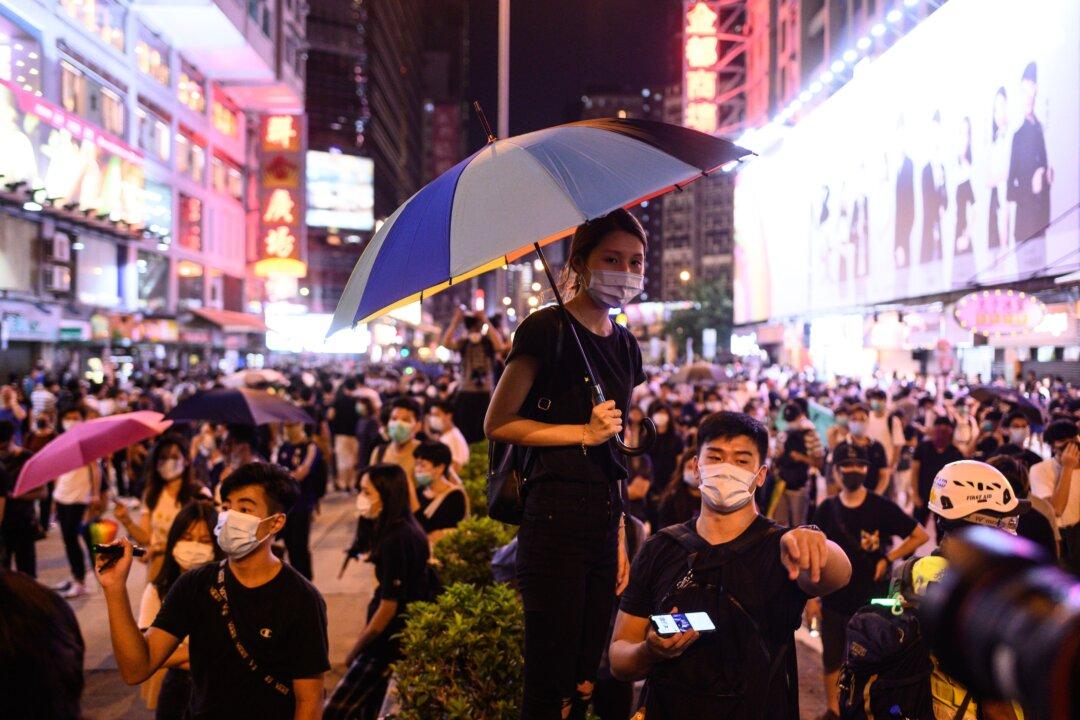Mounting calls from U.S. lawmakers to pass a bill that would require an annual review determining whether Hong Kong should continue to be afforded special trading privileges has drawn a stern response from the Chinese regime.
The Hong Kong Human Rights and Democracy Act, first introduced in June, has seen increasing support from U.S. officials amid escalating unrest in Hong Kong over the past three months. The protests were initially over a controversial extradition bill that would allow people to be transferred to the mainland for trial but has morphed into wider calls for democracy.
Despite Hong Kong’s handover to Chinese rule in 1997, the United States has dealt with Hong Kong as a separate entity distinct from the mainland in matters of economics and trade. For example, Hong Kong doesn’t face the tariffs that the United States is imposing on Chinese imports.
As a show of support for the protesters in Hong Kong, a bipartisan group of U.S. lawmakers in June reintroduced the legislation that would require the Secretary of State to certify annually that the city is sufficiently autonomous to justify the special treatment currently afforded to it.

Recently, several U.S. lawmakers reiterated calls for the bill to be passed after Hong Kong’s leader Carrie Lam announced on Sept. 4 that the bill would be formally withdrawn, a move that prompted an oft-repeated reply that it was “too little, too late.”
“In the U.S. Congress, we look forward to swiftly advancing the bipartisan Hong Kong Human Rights and Democracy Act to reaffirm the U.S. commitment to democracy, human rights and the rule of law in the face of Beijing’s crackdown,” U.S. House Speaker Nancy Pelosi (D-Calif.) said in a Sept. 4 statement.
“Let’s bring up the Hong Kong Human Rights & Democracy Act for debate [and] vote,” the Senate Minority Leader Chuck Schumer (D-N.Y.) said in a tweet on Sept. 4.
Senator Marco Rubio (R-Fla.) in a statement on Set. 4 also reiterated his call for Congress to pass the bill.

In response, the Chinese regime urged U.S. officials to stop pushing for the “relevant Hong Kong-related legislation,” warning that it would negatively impact on the bilateral relations.
“Some in the US are still so obstinately sticking to a wrong course,” China’s foreign ministry spokesperson Geng Shuang said at a Sept. 6 press conference, adding that such actions amounted to interfering in China’s “internal affairs.”





